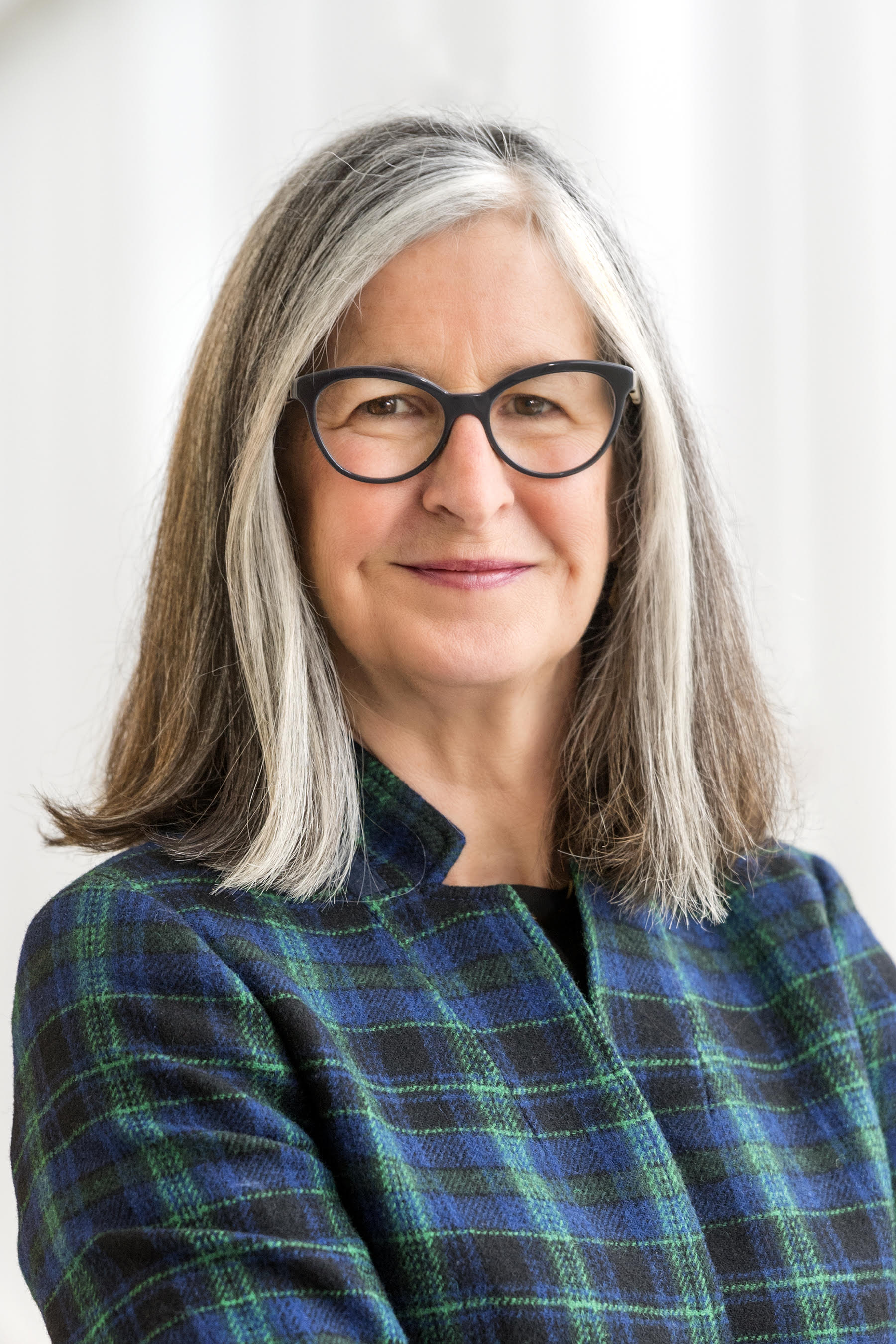Written by Gaoyuan Liu
“Before HSTA, college used to be a fantasy – a dream that other people did,” said Mya Vannoy, a participant of the INBRE program at West Virginia University. Vannoy, now a sophomore studying Immunology and Medical Microbiology, credits her college admission to her involvement with the Health Sciences & Technology Academy (HSTA) and the mentors she gained through the program.
HSTA is a four-year long mentorship program that aims to equip high school students in West Virginia with the skills and experiences needed to attend college. With the guiding mission of increasing the number of underrepresented minorities in West Virginia who pursue degrees in health sciences and science, technology, engineering, and mathematics (STEM), HSTA has created a framework that challenges students to achieve more and give back to their local community.
Vannoy says a high school science teacher, Ms. Dover, first referred her to the program after seeing her enthusiasm for science. After gaining admission to the program, HSTA students attend summer camp where they are prepped for the program. Then, as students return to school, they dedicate time each week to complete a personal project, working alongside a local sponsoring scientist. Each year, students are expected to carry out a project that addresses health and wellness issues endemic in their local communities, culminating in a presentation to peers, mentors, and family at HSTA’s annual Science Symposium.
Vannoy notes that “HSTA makes college real—for poor households, for people from single-parent families, for first generation students,” as it provides not just the training and confidence to apply to college, but the financial means as well, since HSTA graduates ultimately receive a scholarship to attend university in West Virginia.

HSTA Founder and Director Dr. Ann Chester
Among the mentors Vannoy mentioned was Dr. Ann Chester, Assistant Vice-President for Education Partnerships at West Virginia University, Director of the Health Careers Opportunity Program, Deputy Director of the Center of Excellence in Women’s Health founder, and founder and director of HSTA.
“The mission has always been to help kids with potential end up in college,” says Chester, who founded the program in 1998 with the goal of cultivating in-state talent. “Our state suffers greatly from health disparities. The idea is to get these students through college since they’re the ones most likely to graduate, learn the skills, and return to help their local community.”
Since HSTA first began, more than 2,300 students have completed the program, with 99% of graduates attending college. Of these participants, 80% come from rural back grounds, 32% are African American, 63% are financially disadvantaged, and 73% are the first of their family to attend college. Eighty-five percent of HSTA participants go on to to live and work in West Virginia after earning a college degree.
Chester refers to the projects carried out by HSTA students as “real citizen science”—that is, research conducted by regular people. By giving students ownership of health issues in their own communities, HSTA engages local commitment by young scientists who come to realize that they can make a real impact. She notes that despite having directed the program for twenty years now, she still finds shock in how much high school students are able to achieve, starting from just 9th grade.
“It’s a reminder of how much…human potential there is that could be used to make the country better. These students can be vectors for change in their own neighborhood” Chester says. In her experience, the only roadblock to students’ success tends to be their belief that going to college is a possibility, and self-confidence. After students see themselves doing the work for the first time, Chester says, the rest comes naturally.